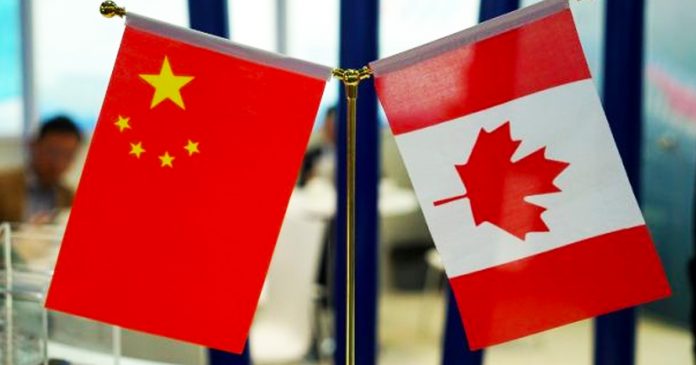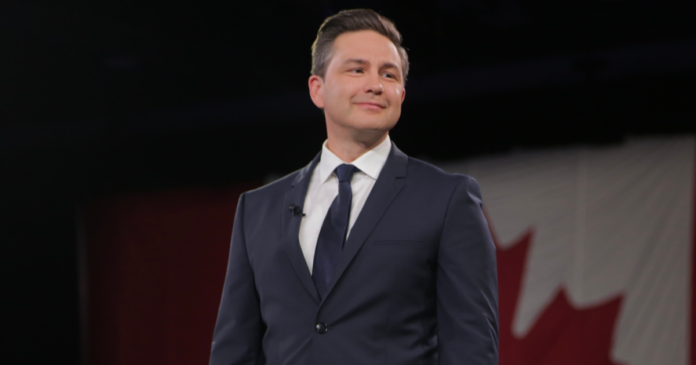The federal government plans to impose a temporary, two-year cap on international student permits.
Immigration Minister Marc Miller made the announcement Monday as the Liberals began their cabinet retreat in Montreal.
“In recent years, the integrity of the international student system has been threatened,” the federal government said in a statement. “Some institutions have significantly increased their intakes to drive revenues, and more students have been arriving in Canada without the proper supports they need to succeed. Rapid increases in the number of international students arriving in Canada also puts pressure on housing, health care and other services.”
The government said the cap would “better protect international students from bad actors and support sustainable population growth in Canada.”
The debate around what the appropriate amount of international students to accept has been mounting for some time now and was exacerbated when news of how the program was being exploited broke last year.
A probe into the student visa fraud scheme was launched last June by the federal immigration department. It found rampant fraud going back to 2017.
Of the 2,000 student visas that were investigated, about 1,485 applicants were found to have been issued fake letters of admission into colleges and universities. The majority of them had come from India, China and Vietnam.
“Enough is enough,” said Miller during a press conference in December, as he announced that the government would restrict the number of permissible work hours each week for international students. “The fraud and abuse needs to end,” said Miller.
Miller also announced that beginning on Jan. 1, 2024, applicants would have to pay $20,635 for their cost-of-living study permit, up from the initial $10,000 financial requirement. A fee which does not include their tuition or travel costs.
The new measures were an attempt to tamp down on fraud and alleviate the housing supply shortage.
Bank of Canada Governor Tiff Macklem gave a speech to the Canadian Club last month where he suggested that Canadian rents would probably have started to decrease if not for the Liberal government’s record-high immigration targets, much of which is made up of international students.
“Canada’s housing supply has not kept up with growth in our population, and higher rates of immigration are widening the gap,” said Macklem while speaking at Toronto’s Royal York Hotel on Dec. 15.
The Government of Canada announced a new intake cap on international student permit applications on Monday to “stabilize new growth for a period of two years.”
“For 2024, the cap is expected to result in approximately 360,000 approved study permits, a decrease of 35% from 2023. In the spirit of fairness, individual provincial and territorial caps have been established, weighted by population, which will result in much more significant decreases in provinces where the international student population has seen the most unsustainable growth,” reads the statement.
The temporary change in policy will not affect study permit renewals and “those pursuing master’s and doctoral degrees, and elementary and secondary education are not included in the cap. Current study permit holders will not be affected.”
The number of international students who seek asylum in Canada has also become a booming trend in recent years with the number more than doubling since 2018.
Government data obtained under an access to information request revealed that the number of refugee claims made by international students is 2.7 times higher than the amount of claims six years ago.
Last year, there were 4,880 cases and in 2018, there were only 1,835.



























